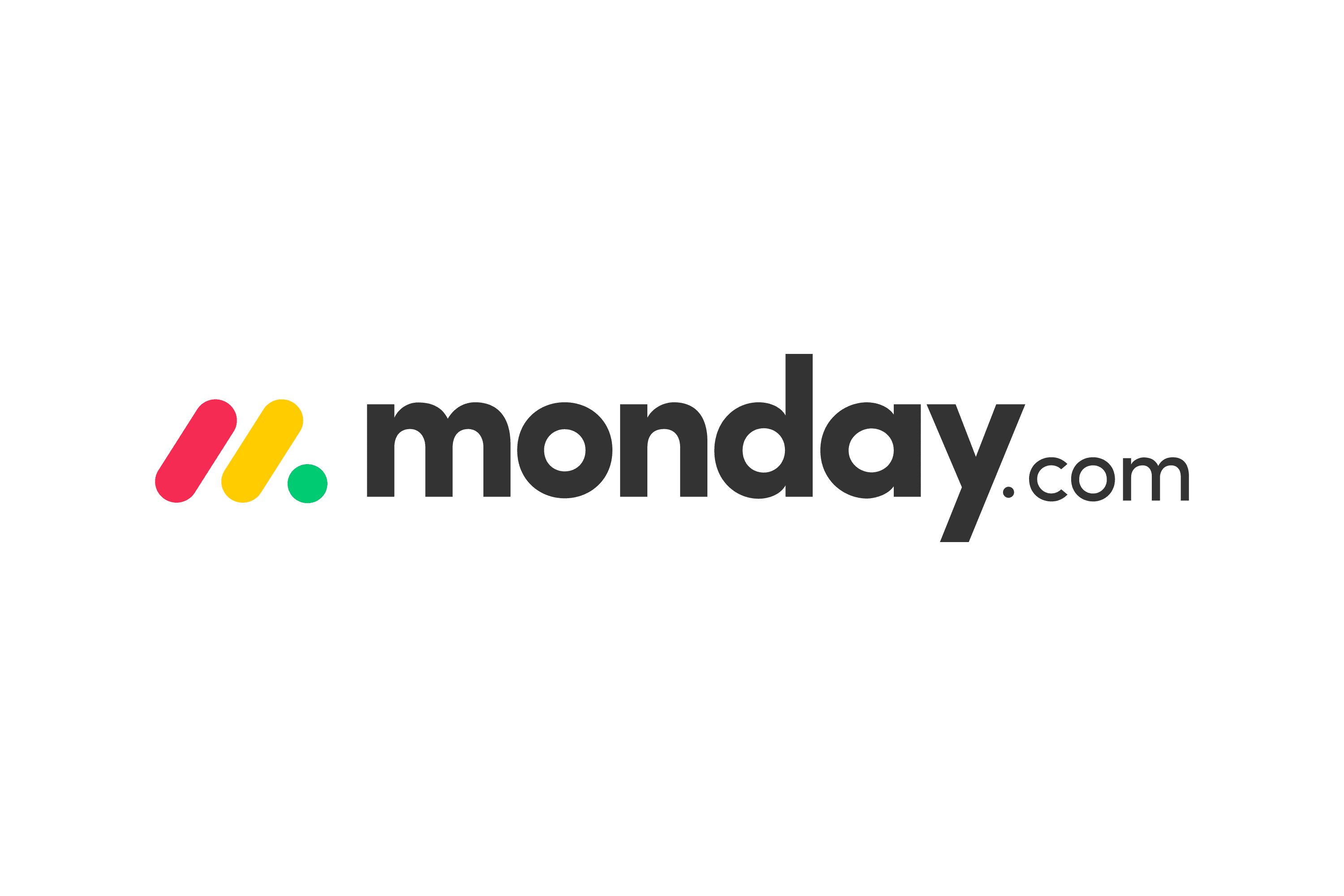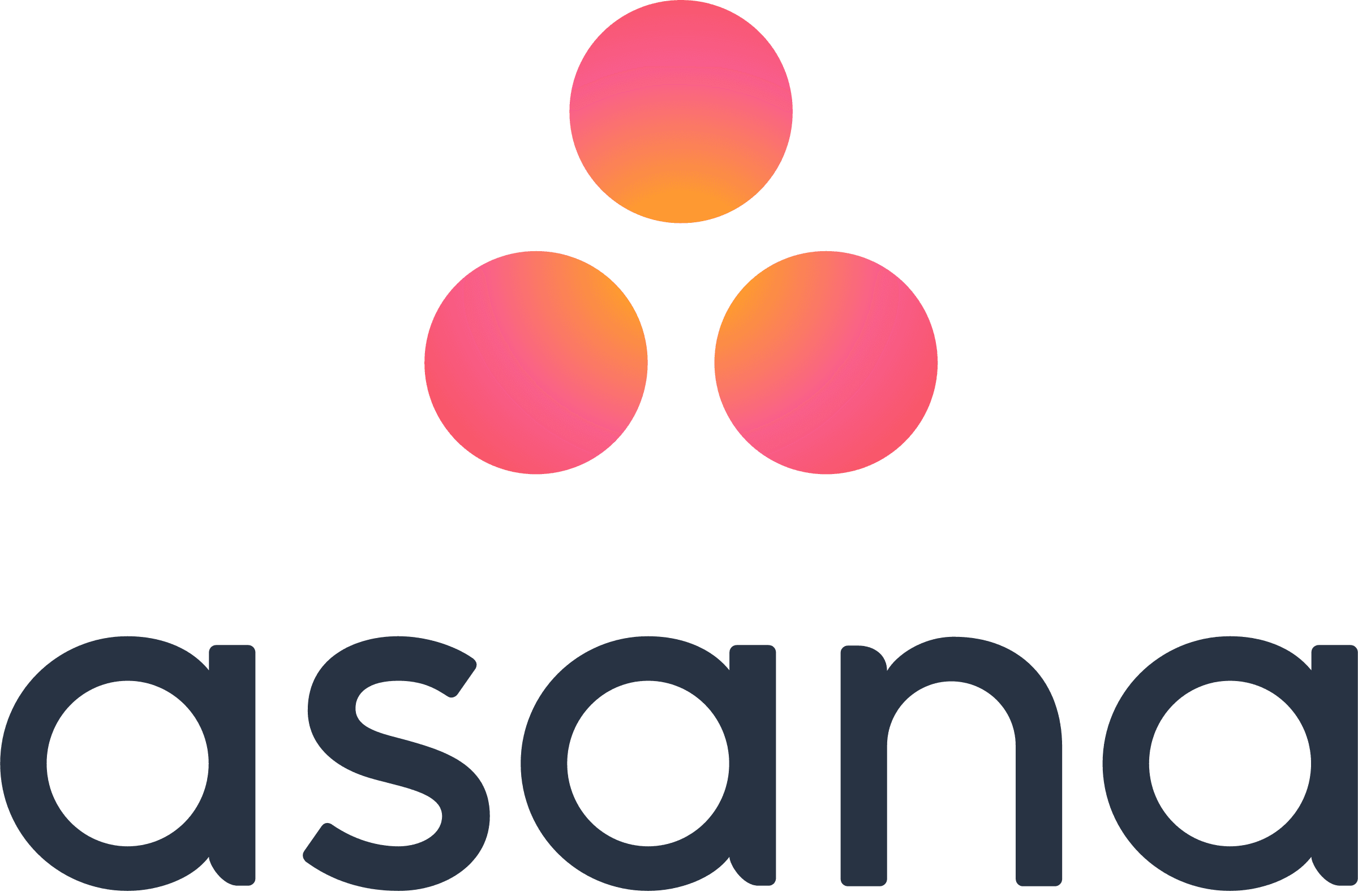This website stores cookies on your computer. These cookies are used to improve your website experience and provide more personalized services to you, both on this website and through other media. To find out more about the cookies we use, see our privacy policy.
Employ A Diligent
Project Manager In Just A Day
With tailored solutions, diverse skill sets, and proven results, we will elevate your project management to the next level of excellence.
3 Steps To Hiring Your Ideal Project Manager With Webevis
Assess
Evaluate your project needs, goals, and constraints with Webevis to effectively define your Project Manager's requirements.
Interview
Collaborate closely with Webevis to meet potential Project Manager candidates, ensuring their alignment with your project vision.
Excel
With your Project Manager in place, watch your projects thrive as they lead with expertise and drive success.
Our Project Managers Pool
- Industry-Specific Expertise For Precision Planning
- Swift Issue Resolution For Seamless Execution
- Budget Optimization For Cost-Efficient Deliverables
- Efficiency Enhancement Through Streamlined Processes
- Stakeholder Engagement Via Effective Communication Skills
- Risk Identification And Mitigation Expertise For Secure Projects
Our Project Management Services
Our broad Project Manager services empower your projects through expert guidance, meticulous planning, and proactive problem-solving.
Project Planning And Strategy
Team Leadership And Coordination
Quality Assurance And Control
Risk Management And Mitigation
Resource Management
Project Evaluation And Reporting
Closure And Evaluation
What Makes Our Project Managers The Best Choice For You?
Our skilled Project Managers are ready to join your team, bringing their wealth of experience and industry knowledge to optimize your project management processes.
Proven Expertise
Our PMs excel with years of experience, technical know-how, and a record of successful project outcomes.
Lead With Confidence
Our PMs inspire teams, manage resources, and navigate complexities with exceptional leadership skills.
Foster Collaboration
Our PMs create transparent communication channels, ensuring stakeholder involvement and satisfaction throughout the project.
Expect The Unexpected
Our PMs are adept at identifying, analyzing, and mitigating risks, ensuring a smooth project journey.
Maximize Efficiency
Our PMs excel in resource allocation and management, reducing costs while enhancing project outcomes.
Quality Matters
Our PMs uphold rigorous quality standards, delivering excellence in every project aspect, from planning to execution.
Tools and Platforms
Were generated in sales by our marketers for our customers in 2021 What your Webevis experts use to help you grow

Sourcing Top Talent
With our streamlined process, you'll access top Project Managers effortlessly—no more hassles, just results-oriented professionals ready to drive your projects to success.




Ready To Hire A Project Manager For Efficient Project Management?
Our Project Managers excel in resource allocation, risk management, and communication — partner with us to transform your projects into streamlined, cost-effective success stories.
What You Should Know About Hiring Project Managers
Project managers play a pivotal role in driving project success across industries. They are the driving force behind planning, execution, and delivery. In this comprehensive guide, we will explore what project management entails, its benefits, and the steps to hire the right project manager for your needs.
Why Should You Hire A Project Manager For Your Company's Projects?
Hiring a project manager brings numerous benefits to your organization. Project managers are highly skilled professionals who excel at keeping complex projects on track, ensuring they meet critical milestones, adhere to budgets, and stay aligned with business goals. They possess the expertise to build and lead high-performing project teams, manage the entire project lifecycle from requirements to deployment, and coordinate resources efficiently. Additionally, project managers provide the crucial function of analyzing project progress and adapting plans when needed to maintain alignment with project requirements. Their ability to establish and maintain stakeholder relationships ensures effective communication and project success, making them invaluable assets for any organization.
What Skills Should You Seek In A Project Manager To Ensure Project Success?
To ensure project success, looking for a project manager with a blend of hard and soft skills is crucial. The ideal candidate should possess hard skills such as project planning, budget management, risk assessment, technical knowledge, and quality assurance. These skills ensure effective project execution, resource allocation, and risk mitigation. On the other hand, soft skills like communication, team building, time management, leadership, decision-making, and problem-solving are equally important. They facilitate collaboration, promote team cohesion, and enable the project manager to navigate challenges and adapt to changing circumstances. A well-rounded project manager brings a balanced set of skills for project excellence.
What Are The Tools Commonly Used By Project Managers To Facilitate Project Management Tasks?
Project managers rely on a variety of tools to manage and execute projects efficiently. Some of the essential tools include:
1.
Project Management Software
Tools like Microsoft Project, Asana, and Trello assist in project planning, scheduling, and task tracking.
2.
Communication Platforms
Email, Slack, and Microsoft Teams facilitate seamless communication among team members and stakeholders.
3.
Gantt Charts
Tools like GanttPRO help visualize project timelines and dependencies.
4.
Document Management Systems
Google Workspace and Microsoft SharePoint streamline document sharing and collaboration.
5.
Budgeting Software
QuickBooks and Excel aid in budget management and expense tracking.
6.
Collaboration Tools
Zoom and Microsoft Teams enable virtual meetings and collaboration.
7.
Risk Assessment Tools
Risk management software helps identify, assess, and mitigate project risks.
What Are The Critical Elements To Include In A Well-Structured Project Manager Job Description?
Creating an effective project manager job description involves several vital elements, which are:
1.
Clear Title
Begin with a specific job title that reflects the role, such as "Project Manager" or "Senior Project Manager."
2.
Introduction
Briefly introduce your company, its values, and the role's significance within your organization.
3.
Responsibilities
Outline the primary responsibilities, including project coordination, communication, leadership, and results-oriented tasks.
4.
Requirements
Specify essential qualifications, such as years of experience, skills, and proficiency in project management tools.
5.
Desired Skills
Mention any additional skills or experiences that would benefit the role.
6.
Company Culture
Describe your company's culture and values to attract candidates who align with your ethos.
7.
Communication
Emphasize the importance of effective communication skills for collaboration within remote or cross-functional teams.
8.
Expectations
Clearly define the role's expectations and the results candidates are expected to achieve, providing a clear path for growth and success.
Interview Questions to Assess Project Manager
In this section, discover a curated list of insightful interview questions designed to help you identify the ideal project manager for your team. Ensure your candidates possess the skills and attributes crucial for successful project management in diverse environments.
1.
Explain the difference between project monitoring and project controlling.
Project monitoring involves continuous tracking of actual project progress against the established baseline. It is about identifying any deviations or variances from the plan and providing visibility into the project's status. Project controlling, on the other hand, goes a step further. It identifies discrepancies and devises corrective actions and strategies to address these deviations and ensure the project gets back on course. Monitoring is the 'what,' while controlling is the 'how.' Both are integral to maintaining project alignment with objectives and delivering successful outcomes.
2.
Differentiate between a project, program, and portfolio in project management.
Projects are temporary endeavors to deliver unique solutions or products with defined start and endpoints. They focus on detailed delivery within a specified scope. Programs, on the other hand, are collections of interrelated projects managed together to achieve broader objectives. They often have longer durations and follow high-level plans. Portfolios consist of multiple projects and sometimes operations managed to align with an organization's strategic goals. Unlike projects and programs, portfolios are ongoing and serve as a means of prioritizing and selecting initiatives that best align with strategic objectives. Each has its distinct scope, goals, and durations, contributing to the overall success of an organization's endeavors.
3.
Describe the significance of knowledge areas in project management and list the ten knowledge areas in the project management framework.
Knowledge areas represent the technical subject matter essential for effective project management. There are ten knowledge areas within the project management framework, encompassing various disciplines:
Communications, focusing on effective project communication and information distribution.
Integration, which ensures all project components work seamlessly together.
Scope, defining project boundaries and managing changes.
Cost, dealing with project budgeting, control, and financial aspects.
Schedule and manage project timelines and milestones.
Quality, ensuring project deliverables meet required standards.
Procurement, handling project procurement and contracts.
Resource, managing project team and resource allocation.
Risk, identifying and mitigating project risks.
Stakeholder, managing stakeholder expectations and engagement.
These knowledge areas serve as a comprehensive framework, guiding project managers to effectively address various aspects of project management, from planning and execution to risk management and stakeholder engagement.
4.
How would you prioritize tasks within a project for maximum efficiency?
Task prioritization in a project is a critical skill. Begin by listing all tasks and responsibilities to gain a comprehensive view. Then, differentiate between urgent and important tasks. Assess each task's relative importance and order them based on their perceived value and required effort. Flexibility is critical; be prepared to adapt as project dynamics change. Knowing when to say no is equally important, ensuring that the team does not become overwhelmed. Effective task prioritization ensures that critical tasks receive attention first, maximizing the chances of meeting project deadlines and objectives.
5.
How do you effectively manage a remote team, and what challenges do you anticipate when working from home?
Managing a remote team requires a deep understanding of the unique challenges that remote work presents. Recognize that remote team members may feel isolated or struggle with distractions. Communication is paramount, so establish regular meetings to maintain a sense of connection and ensure everyone is on the same page. Encourage social interactions through virtual platforms and provide emotional support. Acknowledge the stresses of remote work, listen to team members' concerns, and empathize with their situations. Trust your team to deliver results and focus on outcomes rather than micromanaging. Remote work is about flexibility, so be adaptable in your approach while maintaining clear expectations and accountability.



.d08cedbb.png&w=750&q=75)













.d08cedbb.png&w=3840&q=75)







